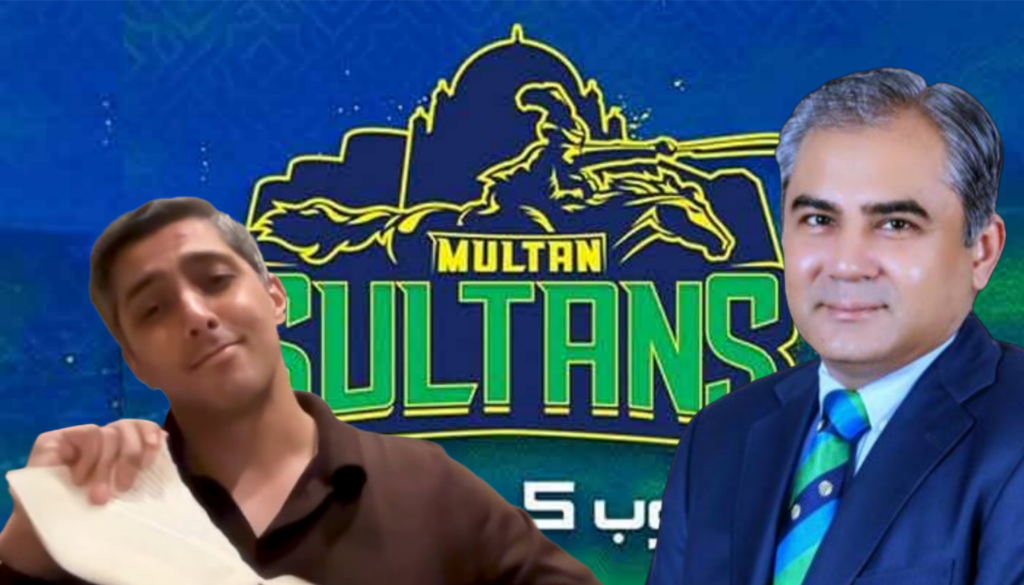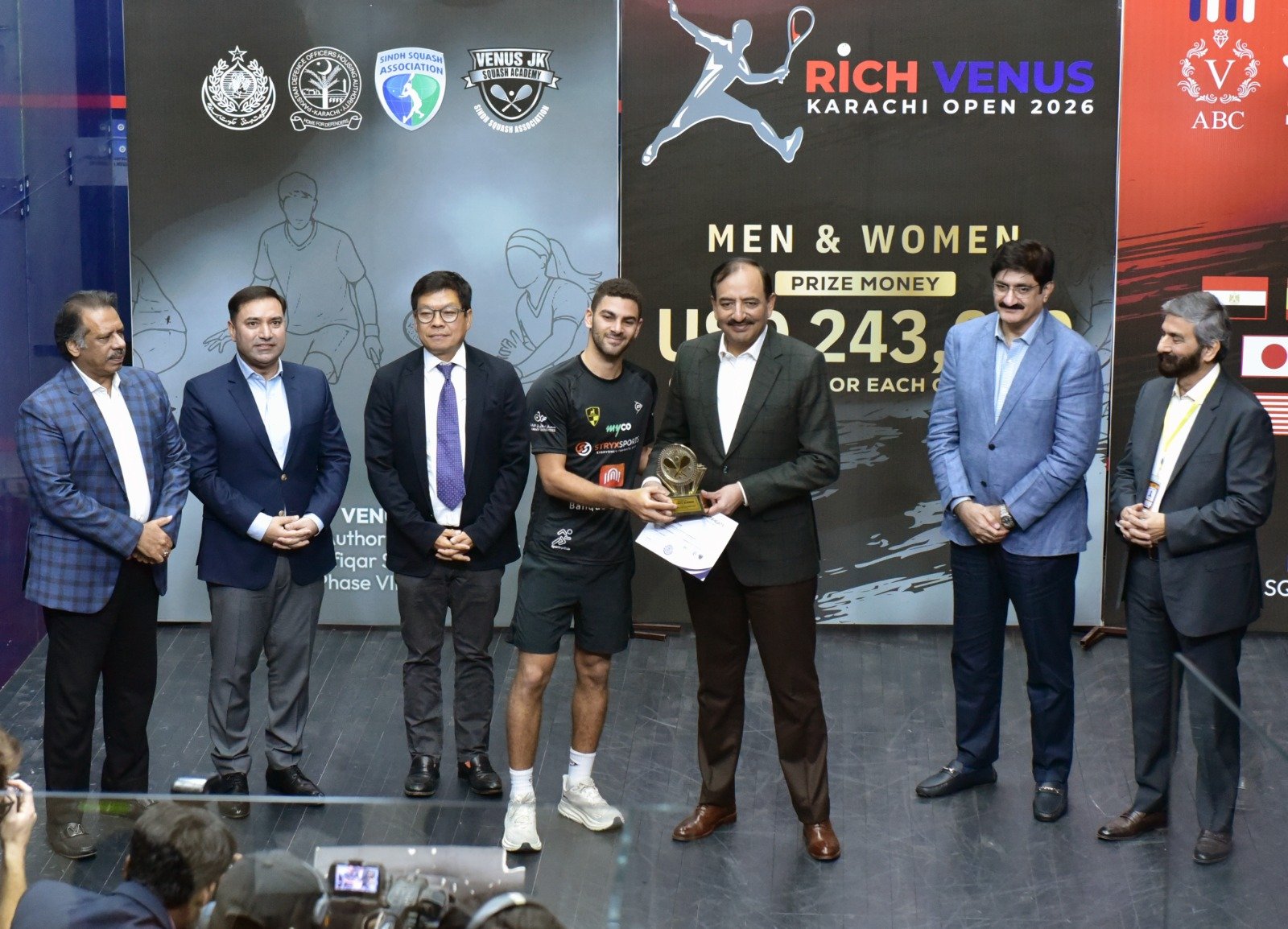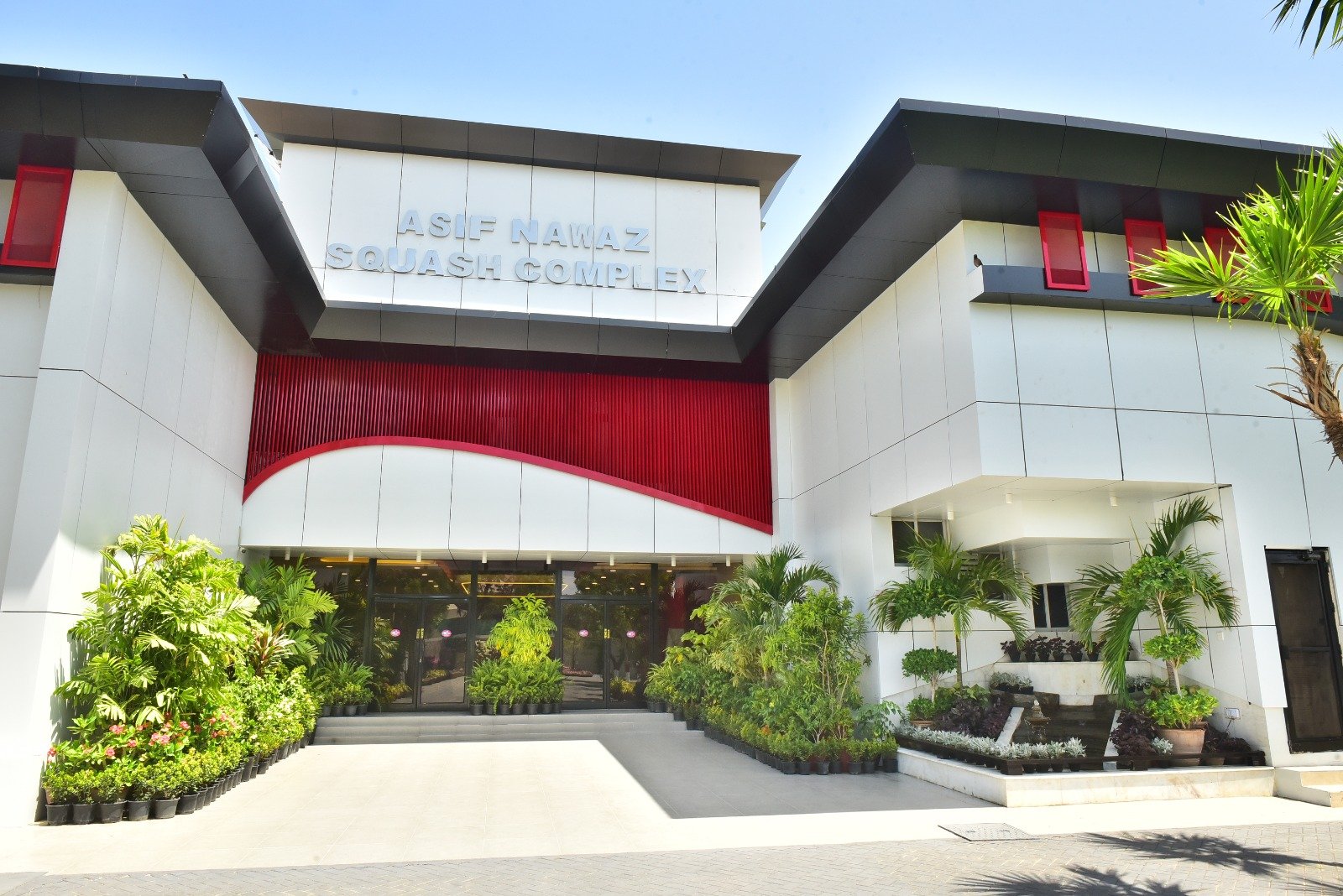
The recent clash between the Pakistan Cricket Board (PCB) and Multan Sultans owner Ali Khan Tareen has once again exposed the uncomfortable truth about the Pakistan Super League’s private franchises — some owners want the glamour and control of the sport, but not the discipline, accountability, or humility that come with being part of a national institution. When Tareen theatrically tore up the PCB’s legal notice on camera, sarcastically calling it his “apology video,” it wasn’t an act of courage. It was an act of arrogance — one that mocked the very system that built, sustained, and legitimised his team’s existence.
Cricket in Pakistan isn’t a private plaything. It is a national passion managed under an established framework, answerable to millions of fans and to the state itself. The PCB, under Chairman Mohsin Naqvi, has worked tirelessly to stabilise domestic structures, restore international confidence, and professionalise the administration. For Tareen — a franchise owner operating under a contractual agreement with the PCB — to publicly deride the board, its leadership, and its flagship tournament was not a “critique,” it was a breach of ethics and professionalism. His open ridicule of the board’s “bigger and better” PSL claim, followed by sarcastic commentary and online mockery, crossed the thin line between constructive criticism and public defamation. If every franchise owner behaved in this manner, the league would descend into chaos. The PCB’s notice wasn’t “vindictive,” it was a necessary assertion of order.
Chairman Mohsin Naqvi’s administration has delivered tangible reforms. From reorganising cricket operations to enforcing strict codes of conduct for players, officials, and franchises, his approach has been one of professionalism and meritocracy. The same standards that apply to cricketers and team staff must also apply to franchise owners. While Naqvi has been leading the revival of Pakistan’s cricket image internationally — engaging with foreign boards, boosting domestic cricket, and securing sponsorships — it is unfortunate that individuals like Tareen choose to grab headlines by undermining institutional credibility. His criticism about declining attendance and viewership may have had partial merit, but the manner, tone, and timing of his tirade were opportunistic. Instead of offering collaborative solutions within the PCB’s framework, he opted for confrontation and theatrics — because in the age of social media, drama trends faster than dialogue.
The PCB’s legal notice was neither emotional nor excessive. It was rooted in contract law. Every PSL franchise operates under a detailed agreement that outlines rights, responsibilities, and restrictions on public conduct. Tareen’s statements, amplified across platforms, potentially violated multiple clauses that prohibit disparaging the league or its governing body. By tearing the notice, Tareen symbolically tore through the principle of corporate accountability. No investor or business leader, no matter how wealthy or influential, should think they are above the rules that bind everyone else. If the PCB had chosen to overlook his behaviour, it would have set a dangerous precedent for others to follow.
Multan Sultans are not an independent sporting republic — they are one component of a national cricket ecosystem. Their commercial success rides on the infrastructure, branding, and credibility that the PCB has cultivated over years. To criticise the PCB as though it were a rival company is intellectually dishonest and professionally reckless. If Tareen feels dissatisfied, there are formal forums within the PSL governing council to voice concerns. Theatrics on X and media posturing may earn applause from a few frustrated fans, but they weaken Pakistan cricket’s global image — something that Chairman Mohsin Naqvi and his team have been painstakingly rebuilding.
A true leader builds dialogue; he doesn’t burn bridges. Mohsin Naqvi has shown restraint and grace by not responding to Tareen’s provocation in kind. He understands that the PCB’s job isn’t to engage in social media brawls — it is to protect the integrity of Pakistan cricket. The Board’s warning to the Multan Sultans owner is not an attack on free speech; it is a reminder that freedom without responsibility is chaos. The PSL is a national asset, not a YouTube content studio for personal stunts.
The PCB’s action sends a clear message: ownership does not equal sovereignty. Whether it is Ali Tareen or any other franchise head, no one is beyond accountability. The Board has every right — legally and morally — to ensure that the PSL remains a dignified, disciplined, and unified brand of cricket. In a country where the sport binds millions together, institutional respect must trump individual ego. Tareen’s defiance may have been theatrical, but the PCB’s firmness is what will keep the system intact.
In the end, it’s simple: Mohsin Naqvi stands for reform, discipline, and progress. Ali Tareen stands for defiance, spectacle, and self-promotion. One builds institutions — the other builds noise. Pakistan cricket deserves the former.








